TikTok is obsessed with sleep, specifically a trend called "sleepmaxxing."
The term refers to the optimization of one's sleeping habits and has lead to an explosion in sleep targeting trends, covering everything from mouth-taping to magnesium. But do these sleepmaxxing trends actually work?
Newsweek spoke to Phil Day, Superintendent Pharmacist at Pharmacy2U, to find out.
For starters, focusing on sleep is definitely no bad thing—it is vital for both our mental and physical health and one in three American adults are not getting enough of it, according to the U.S. Centers of Disease Control and Prevention.
However, blindly following sleepmaxxing trends may not make any difference.
"While TikTok sleep trends can sometimes offer interesting tips, it's important to be cautious," Day told Newsweek. "Many of these tricks aren't backed by scientific evidence and can even be misleading."
So, what's the verdict on four of the biggest sleepmaxxing trends?

Magnesium supplements
"Magnesium is frequently hailed as a key supplement for improving sleep quality, often featured in viral 'Sleepy Girl Mocktails' and other concoctions," Day said, referencing a viral drink based on sparkling water, tart cherry juice and magnesium supplements, which supposedly helps you sleep.
"Magnesium may help those who are deficient, as it plays a role in muscle relaxation and calming the nervous system. However, there is a lack of evidence for its sleep benefits.
Day added: "Not everyone needs additional magnesium, and taking too much can lead to digestive issues like diarrhoea or nausea. It can also interact with medications such as antibiotics or diuretics, so it's important to speak with a healthcare professional before starting supplements."
For most people, the best way to increase your magnesium levels is to introduce more magnesium-rich food to the diet, including nuts, seeds, beans, rice and green leafy vegetables.
As for the 'Sleepy Girl Mocktail', while cherries do contain melatonin—a hormone that induces drowsiness—and there is some evidence from small studies that two cups of tart cherry juice a day may improve sleep quality in those with insomnia.
However, the quantities used in the Sleepy Girl Mocktail are usually lower than this, and many brands of cherry juice contain high levels of sugar, which may cause a blood sugar spike just before bed (never mind needing the bathroom.)
Mouth-taping
Mouth-taping has long been promoted as a method to prevent snoring and discourage mouth-breathing, both of which can disrupt sleep and may also damage your teeth. But does it actually work?
"The concept behind mouth-taping is that breathing through the nose reduces snoring and improves sleep quality," Day said. "However, there's little evidence to back this up, and for people with conditions like sleep apnoea—where breathing stops momentarily during sleep—it can be very dangerous.
Day adds that mouth-taping is not a "safe or scientifically supported method for addressing snoring" and that it is important to consult a GP or sleep specialist for proper diagnosis and treatment.
Nostril expanders
Nostril expanders, or dilators, are sold as a means to open up the nostrils and encourage airflow through the nose.
Dozens of nostril expanding products have popped up on TikTok shop. However, Day said that, while they may help people suffering from minor nasal congestion, they are not a solution for those with chronic snoring or conditions like sleep apnoea, where more professional care is needed.
Sleep trackers
As many as one in three Americans have used sleep trackers, according to data from the American Academy of Sleep Medicine.
In a study from 2023, more than three quarters of participants said that they found sleep trackers helpful, with more than two thirds changing their behavior as a result of sleep tracking data. But questions have been raised about the accuracy of these devices.
"Sleep trackers can provide interesting insights into your sleep habits, they are not medical devices and shouldn't be relied upon for diagnosing sleep disorders," Day said.
"Many of these devices measure movements rather than brain activity, so they can't accurately diagnose issues like insomnia or sleep apnoea. However, they can be a useful tool to track long-term patterns and help you start a conversation with a doctor about any concerns."
So, what can you do to maximise your chances of getting the recommended seven to eight hours?
- Limit caffeine and alcohol—"Caffeine can stay in the body for up to six hours, so it's wise to avoid consuming it in the afternoon or evening," Day said. "Alcohol, while often thought to help people fall asleep faster, actually disrupts sleep patterns and can lead to poor-quality sleep. Avoiding alcohol within three hours of bedtime can make a noticeable difference."
- Reduce blue light exposure and screen time—"Excessive screen time before bed might disrupt the body's natural production of melatonin," Day said. "Turning off electronic devices, or at least using blue light filters, 45 minutes before bedtime can help signal to your brain that it's time to wind down."
- Introduce a consistent sleep schedule—"One of the most important factors in good sleep hygiene is going to bed and waking up at the same time each day, even on weekends," Day said. "This consistency helps regulate your body's internal clock and makes it easier to fall asleep and wake up naturally."
- Create a sleep-promoting environment—"Keeping your bedroom cool, dark, and quiet is essential for good sleep," Day said. "Consider using blackout curtains or an eye mask to block out light, and earplugs if noise is an issue. A comfortable mattress and pillows are also key."
Ultimately, sleep is a complex process, influenced by many factors including our lifestyle and our environment.
"Relying on quick fixes from social media can cause people to overlook underlying health issues that may require proper medical advice or treatment," Day said. "If sleep problems persist, it's always best to seek professional guidance."
Is there a health problem that is worrying you? Let us know via health@newsweek.com. We can ask experts for advice, and your story could be featured in Newsweek.
References
Losso, J. N., Finley, J. W., Karki, N., Liu, A. G., Prudente, A., Tipton, R., Yu, Y., & Greenway, F. L. (2018). Pilot Study of the Tart Cherry Juice for the Treatment of Insomnia and Investigation of Mechanisms. American journal of therapeutics, 25(2), e194–e201. https://doi.org/10.1097/MJT.0000000000000584
Arab, A., Rafie, N., Amani, R., & Shirani, F. (2023). The Role of Magnesium in Sleep Health: a Systematic Review of Available Literature. Biological trace element research, 201(1), 121–128. https://doi.org/10.1007/s12011-022-03162-1



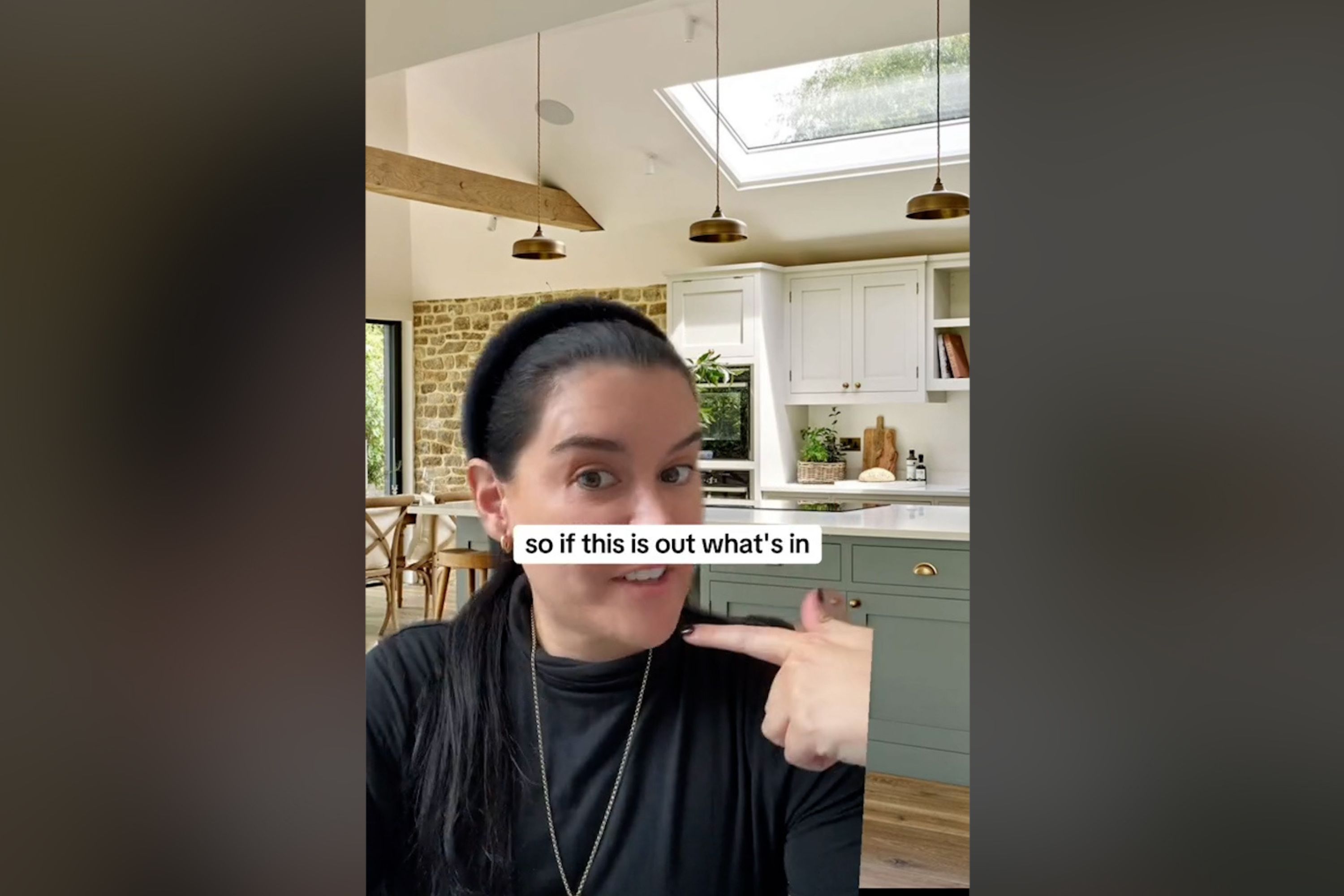
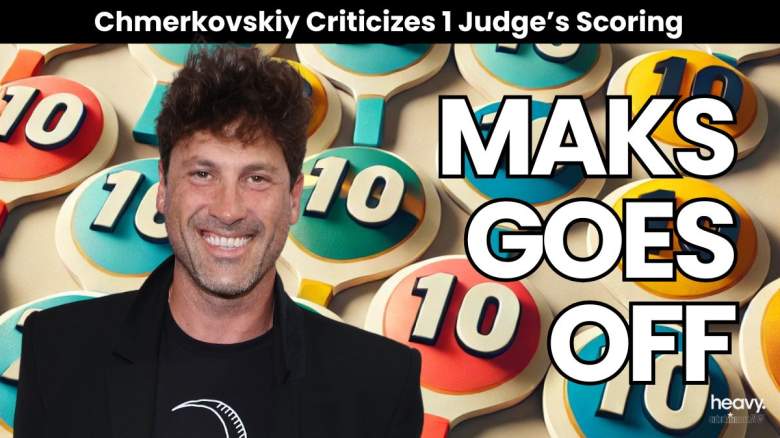



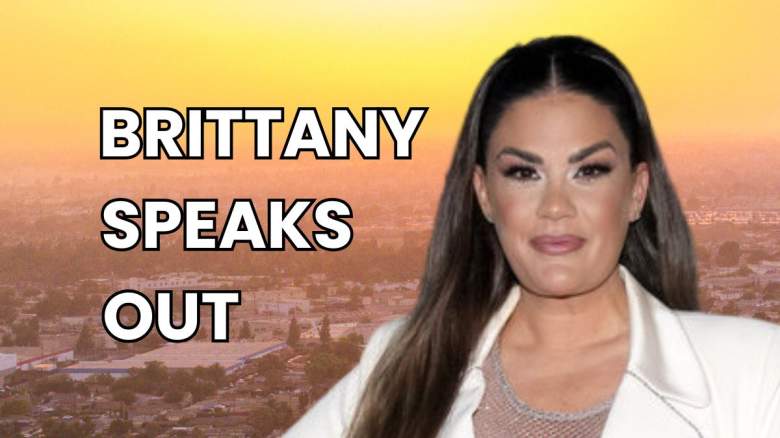

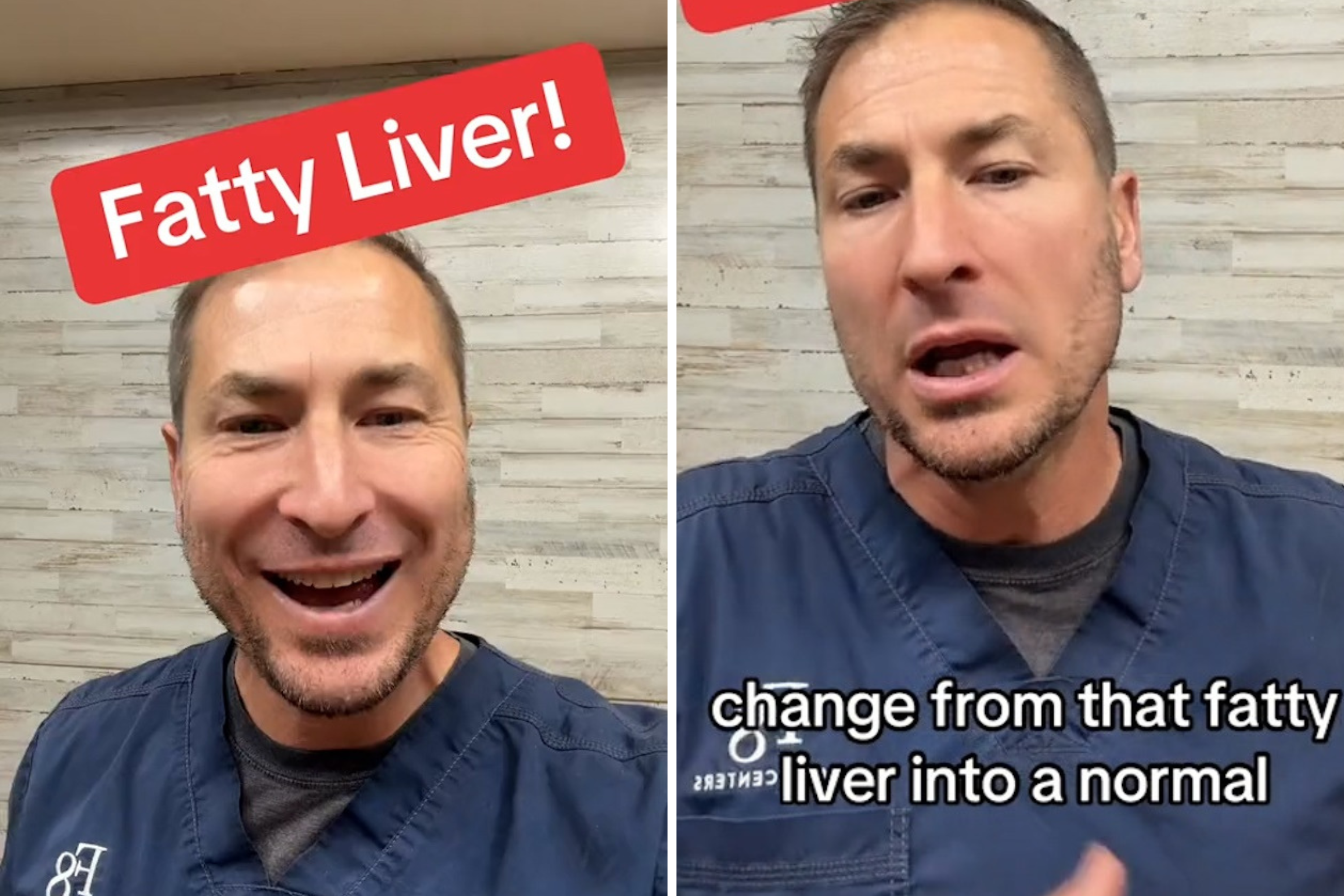
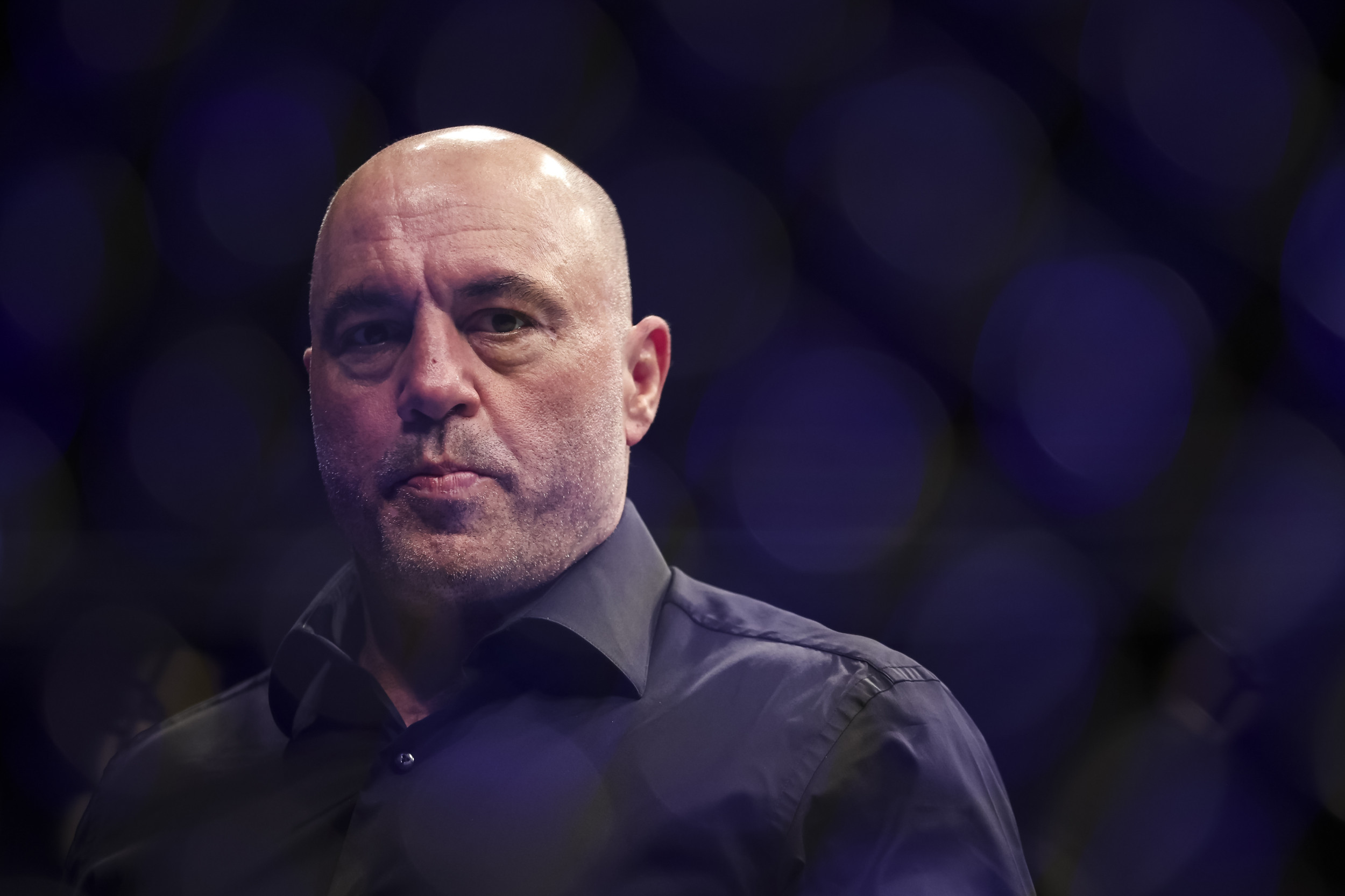







 English (US) ·
English (US) ·